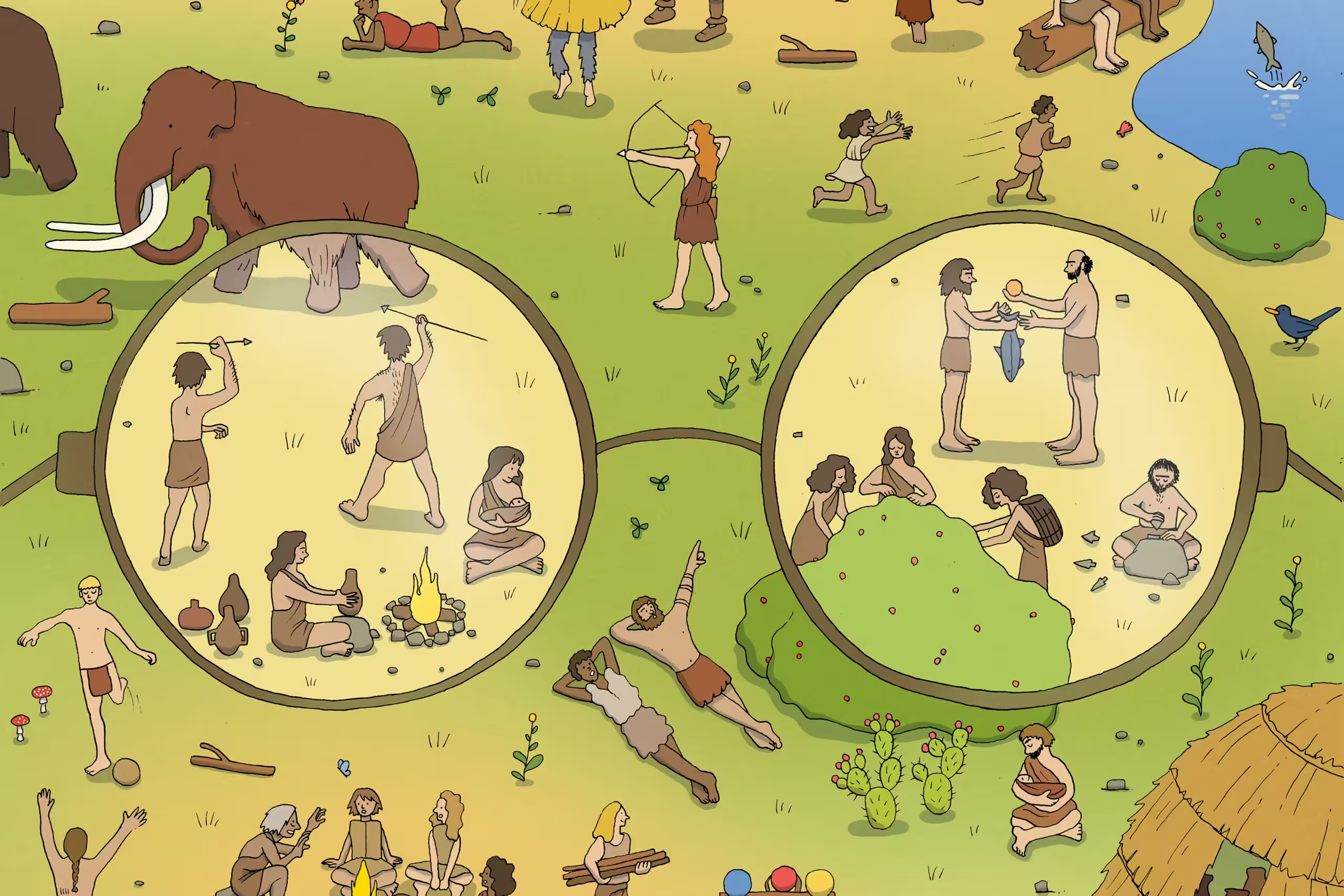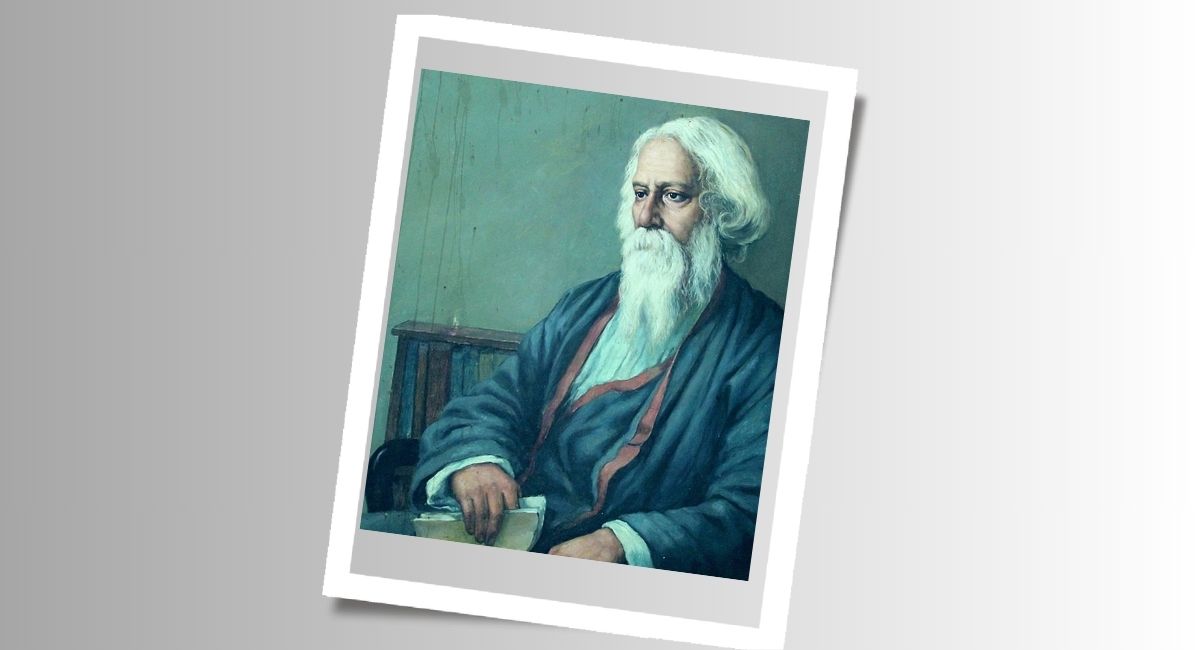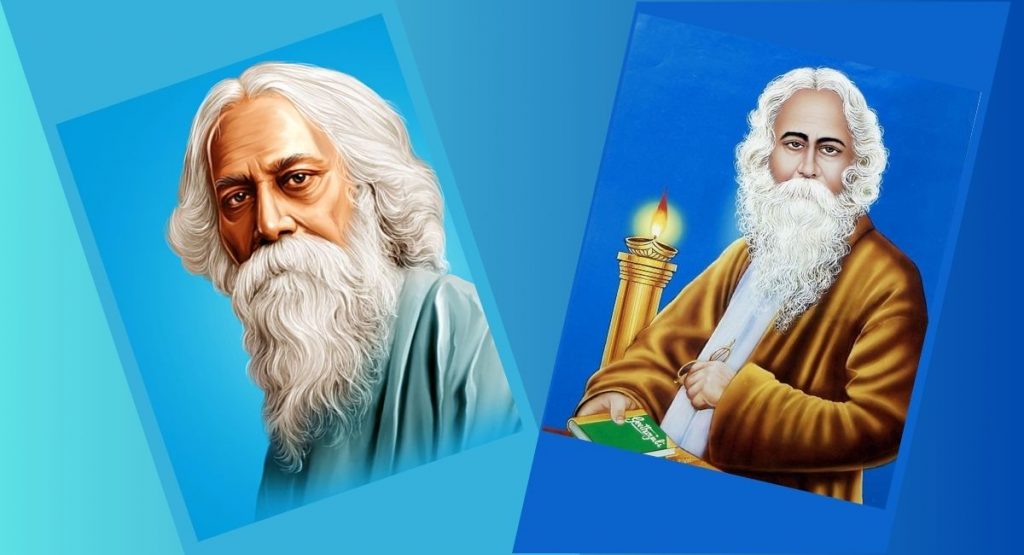Delve into the mysteries of human history with insights from Yuval Noah Harari’s Sapiens, David Graeber and David Wengrow’s The Dawn of Everything, and other influential works. Are we shaped by divine guidance or evolution? Harari challenges traditional narratives of isolation among early humans, while Graeber and Wengrow highlight a more interconnected past.
Recent discoveries, like Viking skeletons and the vast Inca Empire, continue to reshape our understanding. Join the quest for knowledge as we explore the complexities of our origins and their implications for our future.Humanity’s past is a tapestry woven from countless threads of experience, belief, and discovery. Questions about our origins, development, and future are fundamental to understanding who we are. Are we the product of divine guidance from figures like God, Allah, Krishna, or Buddha? Or are we merely the result of natural evolution, shaped by chance events? Scholars such as Yuval Noah Harari, David

Graeber, and David Wengrow have contributed significantly to these discussions, each offering unique perspectives on our history.
Harari’s Insights on Early Humanity
Yuval Noah Harari, in his influential works, posits that early human societies were vastly different from what we might imagine today. He suggests that for most of prehistory, people lived in small, isolated groups, often unaware of the existence of others. Harari argues that the earth was much more inhospitable than we realize, with vast distances making contact between groups unlikely. This notion challenges the simplistic view of prehistoric life and suggests that our ancestors navigated a world full of unknowns.One of Harari's more controversial claims is that dinosaurs did not become extinct solely due to a comet impact; instead, he whimsically suggests that primitive humans hunted and consumed them. While this idea is more metaphorical than literal, it highlights the imaginative approach Harari takes in his storytelling, encouraging readers to think critically about historical narratives.
Graeber and Wengrow: Rethinking Social Structures
In contrast, David Graeber and David Wengrow’s work, The Dawn of Everything, published posthumously in 2021, presents a radically different view of human history. They argue that societies were far more interconnected than traditional narratives suggest. According to them, our ancestors lived in populous regions with complex social structures, often in cities that may have been overlooked by mainstream historical discourse.Graeber and Wengrow contend that the reasons early humans may not have recognized one another were not merely due to distance but also because of limited means of communication. This perspective invites readers to reconsider the sophistication of ancient societies and their interactions. By challenging conventional wisdom, Graeber and Wengrow shed light on the intricate tapestry of human development and the diverse forms of social organization that have existed throughout history.
The Evolving Nature of Historical Discoveries
Recent archaeological discoveries continue to reshape our understanding of history. For example, the recent finding of fifty well-preserved Viking skeletons in Denmark has provided fresh insights into Viking life during the years 793-1066 AD. These discoveries underscore the importance of ongoing research in uncovering the complexities of human existence and the dynamic nature of our historical narratives.Each new find serves as a reminder that history is not a fixed account but a living field of study that evolves with new evidence. As researchers apply advanced techniques like DNA analysis, they open doors to deeper understandings of past societies and cultures, challenging previous assumptions and narratives.
The Role of Communication in History
One of the intriguing aspects of the historical discourse presented by Harari, Graeber, and Wengrow is the role of communication. Harari emphasizes that the geographical barriers of the ancient world limited interactions, while Graeber and Wengrow focus on the inadequacies of communication methods. This divergence highlights a fundamental question: how did early humans perceive their world, and how did that shape their social structures?In our modern age, where global communication is instantaneous, it’s easy to overlook how significant these barriers were. Our current understanding of interconnectedness allows us to appreciate the complexities of ancient societies that may have been more advanced than we assume.
Uncovering the Mysteries of Our Past
As we delve into our history, it becomes clear that many secrets remain hidden. The discovery of the expansive Inca Empire, for instance, suggests that previous estimates of its size and influence were far too limited. Similarly, ongoing research into Viking culture continues to yield unexpected findings, revealing rich layers of life and interaction.These revelations prompt us to reflect on the ways in which history is recorded and interpreted. Much of what we know has been shaped by the perspectives of those in power, often overlooking marginalized voices. The challenge moving forward is to strive for a more inclusive understanding of history, one that acknowledges diverse experiences and contributions.
The Importance of Historical Inquiry
The questions surrounding our origins and development are profound and multifaceted. Are we simply the sum of our evolutionary past, or is there a greater narrative at play? As we grapple with these issues, it’s essential to recognize the value of historical inquiry. Each new discovery enhances our understanding and opens new avenues for exploration.Universities and research institutions play a critical role in this process, yet it’s vital to question how history is taught and presented. Are we adequately funding the exploration of our past? Are we open to re-evaluating established narratives in light of new evidence? These are crucial considerations for anyone invested in understanding humanity’s journey.
Conclusion: A Continuous Quest for Knowledge
Ultimately, the quest for knowledge about our origins and history is an ongoing journey. The interplay between new discoveries, evolving interpretations, and the rich tapestry of human experience invites us to engage with the past in meaningful ways. As we continue to explore who we are, where we came from, and where we are headed, the stories of our ancestors will undoubtedly reveal even more layers of complexity and wonder. The pursuit of understanding, after all, is what drives us forward.







